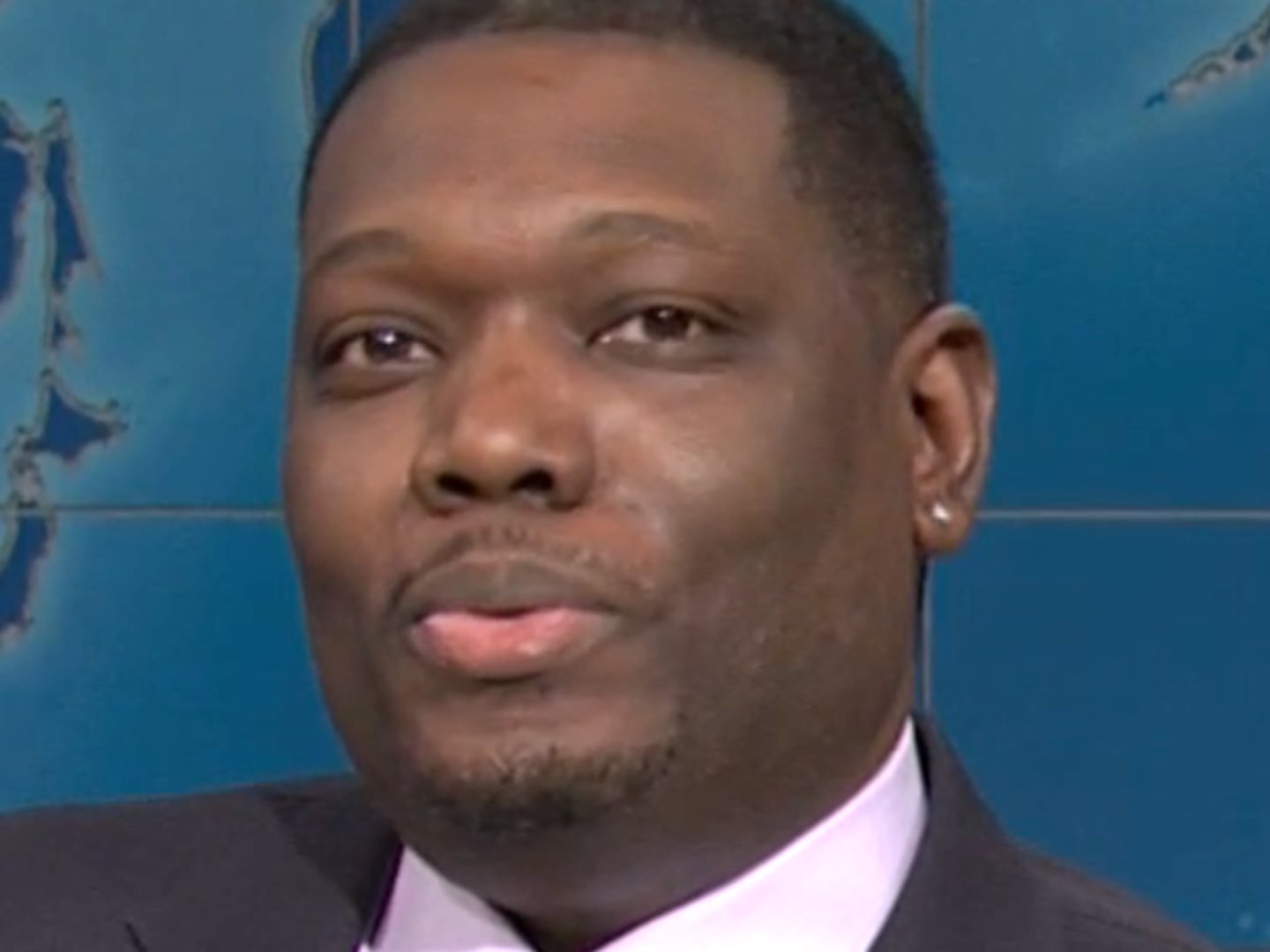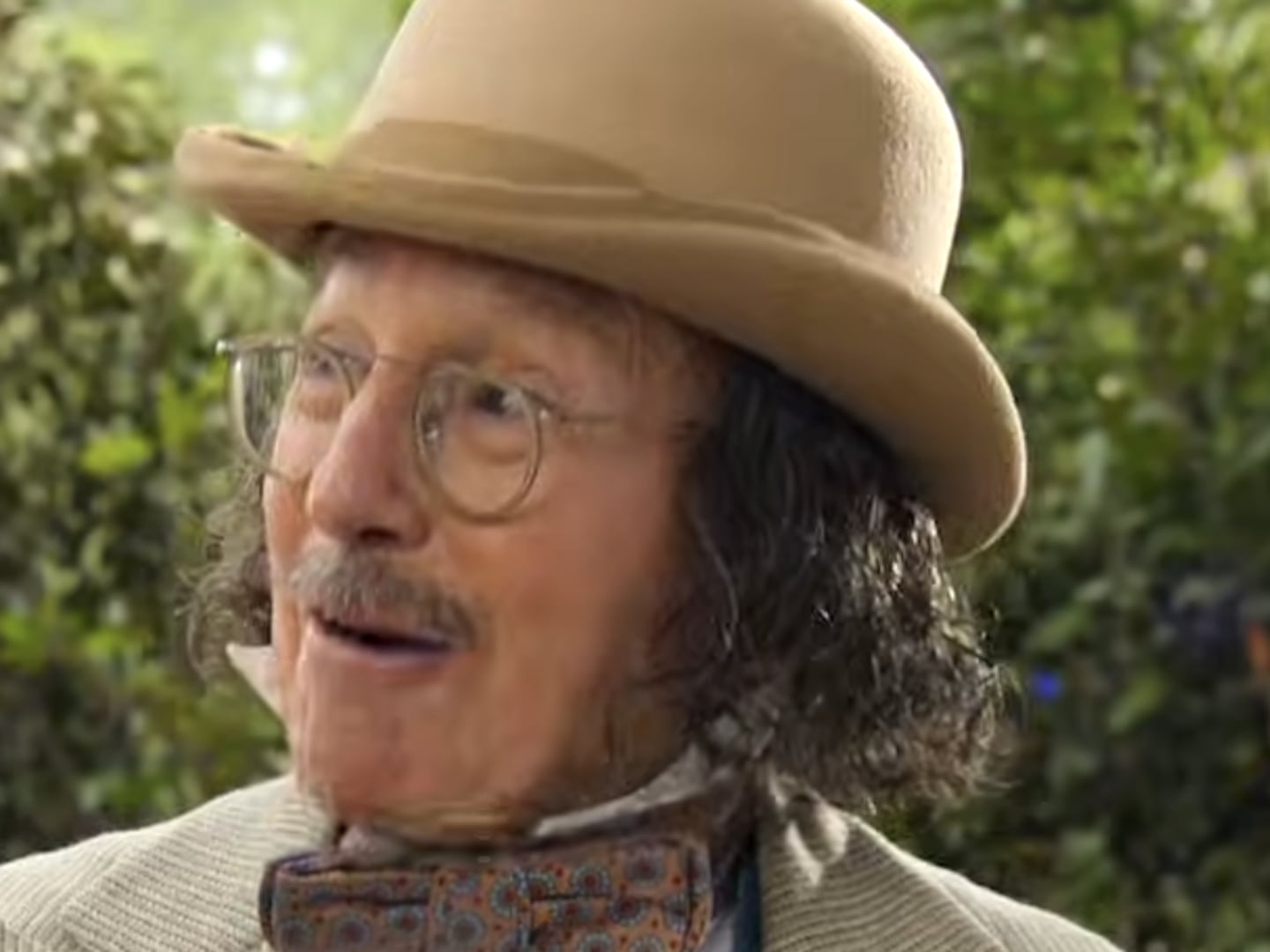Alexander Skarsgård is handsome, imposing, and funny, and Murderbot lets him flaunt all those attributes as a heavily armed robot that goes rogue and chooses to spend his free time binge-watching television.
Lucky for him, the future in which he exists is awash in “content,” the best of which, in his opinion, is a Star Trek riff that teaches him about feelings, human-automaton relations, and the best ways to deceive and neutralize enemies.
Obsessed with entertainment, he’s a machine re-programming himself via streaming algorithms and narrative formulas, and Skarsgård embodies him as a uniquely conflicted device caught between subservience and autonomy—not to mention a wholly relatable figure who finds others insufferable and wishes to be left alone to watch his favorite stories in peace.
Unfortunately for Skarsgård’s creation, he’s a security unit built to kill, thereby throwing a wrench into his Netflix-and-chill plans.
At the outset of Murderbot, which premieres May 16 on Apple TV+, he hacks the Governor’s Module which allows people to control his every action and, without telling anyone, names himself Murderbot.
Shortly thereafter, he begins consuming thousands of hours of TV, even once he’s assigned to his newest clients: a group of peaceniks who hail from a region outside the Corporate Rim (ruled by a corrupt monolithic company) known as the Preservation Alliance, where every hippie-dippy progressive dream is a reality—such as the notion that, in spite of lacking independent consciousness, machines such as Murderbot are “enslaved” and deserve rights.
Murderbot is of the opinion that “humans, well, they’re a--holes,” and that includes these goofs, whose dancing makes him groan and whose carnality compels him to opine, “I don’t have a stomach, so I can’t throw up. But if I did, I would.”

Murderbot is guided by the wryly sarcastic internal thoughts of its title character, who dislikes sitting, removing his helmet (to reveal his Skarsgård-ian face), or making eye contact. He’s an unsociable weirdo, and one whose fragmentary memory of a prior slaughter suggests that he might also be an unhinged psycho.
That’s certainly the suspicion of Gurathin (David Dastmalchian), a tech-augmented member of the Preservation Alliance research team for whom Murderbot now works. Gurathin senses that something is off about the robot. However, his initial warnings fall on the deaf ears of his comrades, be it Arada (Tattiawna Jones), Pin-Lee (Sabrina Wu) and Ratthi (Akshay Khanna)—who have just signed a contract to become an official throuple—Dr. Bharadwaj (Tamara Podemski), or leader Mensah (Noma Dumezweni), all of whom don’t like Murderbot’s presence but assume he’s a run-of-the-mill “sec unit” with practical applications for their expedition.
Mensah and company’s destination is a remote planet where they intend to poke around for rare minerals and information that might prove beneficial for their socialist-commune home. This is of no interest to Murderbot, who’s intensely paranoid that someone will deduce that he’s gone rogue—a discovery that would lead to his immediate destruction.
Alternately expressing repulsion for his organic counterparts (who are depressing, disgusting, and moronic) and fearing the “dark recesses of my programming,” Murderbot retreats as often as possible to the comforting confines of The Rise and Fall of Sanctuary Moon, which he considers “premium quality entertainment” despite all evidence—namely, clips from the campy show featuring John Cho, Clark Gregg, Jack McBrayer, and DeWanda Wise as outlandish space explorers—to the contrary.

Adapted from Martha Wells’ book series The Murderbot Diaries by Chris and Paul Weitz (who script the season’s 10 episodes, along with helming a few), Murderbot is a jokey saga that hinges on the caustic drollness of its protagonist, and Skarsgård’s scathing inner monologue is shrewdly juxtaposed with his impassive face and mechanical comportment.
Though he’s trying to figure out a way to escape his assignment so he can carve out a new life for himself, Murderbot is quickly roped into interpersonal relations when the crew encounters a hungry centipede-ish alien and he has to save them from guaranteed death. In doing this, he tips off his compatriots to his unusual sentience, and his façade as an unthinking contraption goes wholly out the window following further extraterrestrial clashes in areas that aren’t marked on their company-issued maps.
To its detriment, the series’ supporting players are a mixed bag, with Arada, Pin-Lee, and Ratthi left as sketches (albeit, in Ratthi’s case, an intermittently amusing one). Dastmalchian and Dumezweni fare better, as both Mensah and Gurathin are allowed to develop real bonds with Murderbot.
Humor, rather than drama, is Murderbot‘s primary directive, and it executes it with greater aplomb as the show segues into its second half, whose focus is a conspiracy involving another research habitat, duplicitous strangers, and cutting-edge sec unit killers. From talk about Murderbot’s sexual capabilities to the ‘bot’s critical commentary about his flesh-and-blood clients (which, by sardonically countering others’ statements, recalls Ron Howard’s Arrested Development narration), the material earns frequent chuckles.
There’s nothing much to Murderbot‘s plot, which is mostly scaffolding for sci-fi silliness, and the Weitzs thankfully concentrate less on larger concerns of freedom, equality, and the nature of the self than on gags about the potential dangers of technology and the appeal of television, with Murderbot confessing that, “I don’t watch serials to remind me of the way things actually are. I watch them to distract me when things in the real world are stressful as s---.”

That’s the objective of this half-hour affair as well, and if it sometimes comes across as thin and scattershot, it wrings laughs from a daffy intergalactic adventure that affords Skarsgård’s android with regular opportunities for cutting bon mots.
Delivering its absurdity in bite-size form (most of its episodes run under 25 minutes), Murderbot is witty and, ultimately, just substantial enough to pull off its climactic left turn into emotional terrain.
Moreover, it’s another Skarsgård vehicle that takes full advantage of his comedic gifts, all as it leans—predictably, and naturally—into his impressive stature and movie-star looks, the latter of which inspire one researcher to see if he has an operational libido. An acerbic contraption whose antisocial scariness and television obsessiveness feel decidedly 21st-century, his Murderbot proves a memorably original creation in a small-screen landscape full of clones.









